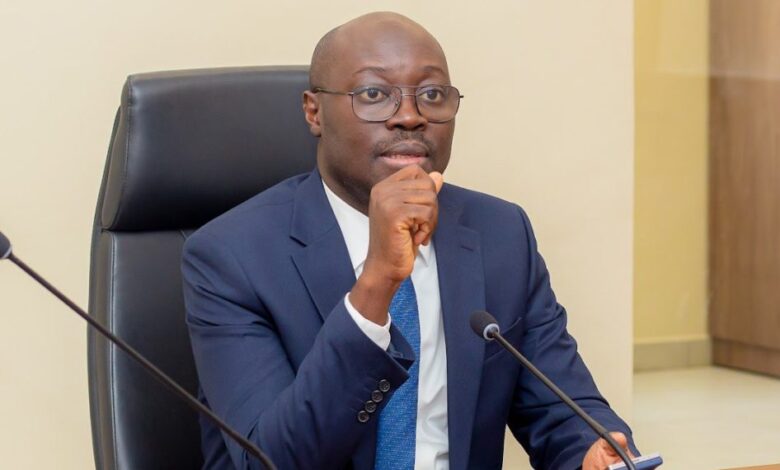
Ghana’s Finance Minister, Dr. Cassiel Ato Forson, has raised the alarm over the country’s energy sector, calling it the single most significant economic risk currently confronting the nation.
In a post on X (formerly Twitter) following a detailed session on the Ghana Energy Compact under Mission 300 at the World Bank headquarters in Washington, D.C., on April 22, Dr. Forson revealed that the sector is grappling with a massive financial shortfall of about $2 billion—an amount he says surpasses Ghana’s total domestic capital expenditure.
“The sector is burdened with a financial shortfall of approximately $2 billion. This amount surpasses our domestic capital expenditure,” he posted. “This challenge goes beyond tariffs. The entire energy value chain requires urgent reform.”
Dr. Forson pointed to inefficiencies, particularly in the distribution arm of the sector, as key contributors to the crisis—inefficiencies that are ultimately passed on to citizens through higher tariffs.
ECG’s Role and Government’s Next Steps
Highlighting the role of the Electricity Company of Ghana (ECG), Dr. Forson noted that the state-owned distributor could significantly reduce the financial gap simply by improving operational efficiency.
“ECG alone could cut the shortfall by half if it addresses these inefficiencies,” he said.
To address the crisis, the government is moving to bring in private sector expertise. According to Dr. Forson, Cabinet has already approved private sector participation, and a Legislative Instrument has been submitted to Parliament to allow for competitive procurement of power plants.
“These are critical steps toward bringing transparency and sustainability to the sector. The Energy Compact has come at the right time,” he noted. “Time is of the essence. We must act swiftly to turn this around for the good of our economy and the well-being of our people.”
IMF Support on the Horizon
Dr. Forson’s comments come shortly after Ghana reached a staff-level agreement with the International Monetary Fund (IMF) on the fourth review of its economic reform programme. This agreement is expected to unlock approximately $370 million in financial support to help stabilize the economy and support ongoing reforms, including those in the energy sector.
As the government pushes for urgent reform, the energy sector’s transformation could prove vital not only for national development but also for restoring investor confidence and economic resilience.



